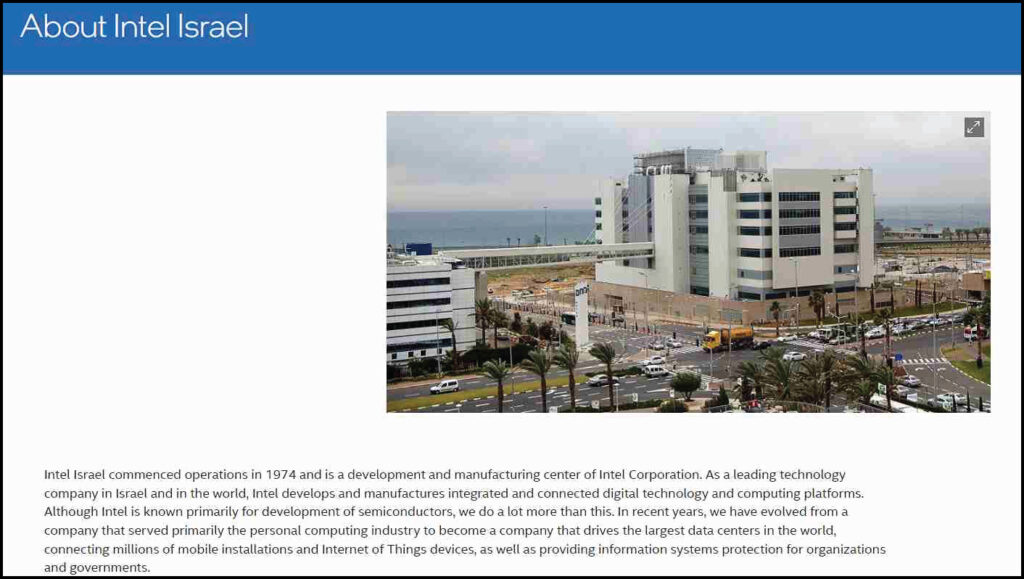In the rapidly evolving landscape of technology, industry giants have forged connections with Israel, sparking debates and concerns about ethical implications and geopolitical alliances. This exploration into the ties between these tech behemoths and the Israeli tech landscape aims to uncover the complexities and implications surrounding these affiliations, inviting a critical examination of the consequences of supporting companies entangled with Israel.
The intersection of technology and geopolitics raises pertinent questions about the ramifications of tech giants aligning themselves with Israel. This investigation delves into the ethical considerations and geopolitical implications, urging consumers to scrutinize these affiliations and consider the broader implications of their support.
Daftar isi:
Amazon

Amazon’s bold move with a $7.2 billion investment in Israel signals a significant expansion of its presence in the region. The launch of Amazon Web Services (AWS) cloud region further underscores its commitment to nurturing technological advancements in Israel, amplifying debates about the implications of such partnerships in the context of geopolitical conflicts.
Dell

Michael Dell’s active involvement in the Friends of the Israel Defense Forces (FIDF) and substantial donations exemplify a deep commitment to enhancing Israel’s defense capabilities. This philanthropic endeavor blurs the line between business success and social responsibility, drawing attention to the intertwining of corporate interests with geopolitical agendas.
Also See: Top Israeli Products Sold in UAE: Boycott Awareness
Disney Plus

Disney’s $2 million pledge and vocal condemnation of attacks on Jews in Israel have stirred controversy for not addressing the Palestinian conflict. The nuanced stance taken by Disney highlights the challenges faced by corporations navigating geopolitical tensions while also raising questions about their comprehensive approach to humanitarian crises.

Google’s $1.2 billion contract, Project Nimbus, with Amazon to provide cloud services to the Israeli military, sparks ethical debates. The collaboration prompts discussions about the moral implications of tech giants supporting entities involved in perceived oppressive activities in the Israeli-Palestinian conflict.
Intel

Intel’s presence in Israel, known for its semiconductor development and technological advancements, underscores the country’s significance in global tech innovation. Its evolution to provide cybersecurity solutions and dominate data centers prompts reflection on the tech giant’s indirect support of Israel’s tech landscape.
Explore More: Boycott Alert: Fast Food Chains Backing Israel
WAZE

Uri Levine, known for co-founding Waze and Moovit, embodies a strong Zionist stance that permeates his entrepreneurial endeavors. His involvement in tech innovations reflects personal convictions that intersect with the Israeli landscape, raising awareness about the ideological influences shaping technology and entrepreneurship within Israel.
Oracle

Oracle’s commitment to its Israeli workforce during times of conflict is evident through its financial support initiatives. By providing assistance to employees amidst national challenges, Oracle showcases a dedication to its staff, emphasizing the company’s role in supporting its workforce within the broader context of Israeli national events.
Awareness of these tech giants’ affiliations with Israel prompts a critical reassessment of consumer choices. It underscores the potential impact of purchases on geopolitical matters, urging consumers to align their values with their purchasing power. Making informed decisions and seeking alternatives can contribute to a more equitable world, empowering consumers to align their actions with ethical considerations in a global context.
- Investigating Ferrero Rocher’s Support and Investment Stance on Israel
Does Ferrero Rocher support the Israeli Occupation of Palestine? The scrutiny surrounding the company’s supposed support is growing, particularly for…
- Exploring ASDA’s Interest and Support in Israel
Does ASDA support Israel by selling products sourced from Israeli settlements in Palestine? This raises concerns over human rights violations…
- Does Hershey Support Israel? A Deep Dive
Amid allegations of ties to Israel and Palestinian territories, Hershey faces controversy. Let’s delve into the upheaval, analyzing accusations, investigating…
- Luxury Companies Supporting Israel: A Deep Dive into Their Possible Connections
Are luxury companies, such as LVMH with its notable brands Hublot, TAG Heuer, and Tiffany & Co, supporting Israeli companies?…

